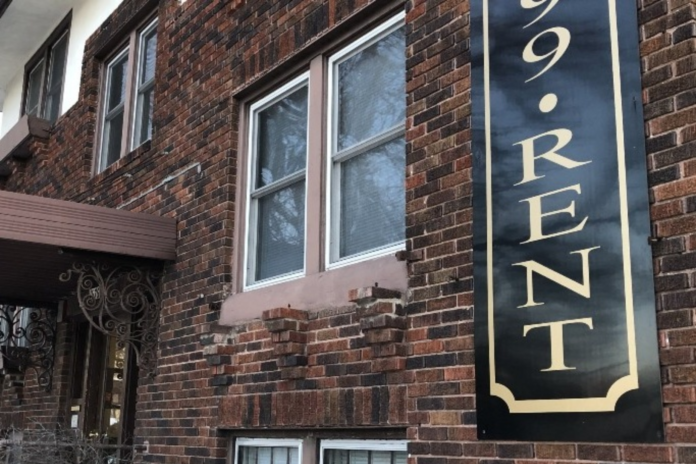(Foundation for Economic Education) — Minnesota’s two largest cities — Minneapolis and St. Paul — both approved rent control ordinances at the ballot box in November. The St. Paul rules would limit boosts in rents to 3% per year and do not even exempt new developments, as most such laws do. In Minneapolis, meanwhile, the city council will have the power to draft rent control provisions.
As economic theory would have it, already there are some negative repercussions that have erupted in St. Paul. One developer has reneged on his plans to erect three residential buildings. Another has lost an investor in a similar project. Economics 101 prevails again.
When rents are kept below market levels with rent control laws, the number of people looking for homes inevitably exceeds the number of homes on the market, which is essentially what constitutes a “housing shortage.” In response to this state of affairs, some landlords try to convert their properties from rentals to condominiums. Another response is to knock them down entirely, and build shopping malls, factories, or office towers. They will do just about anything to escape the piercing eye of the bureaucrats in charge of administering this law.
As for new residential rental units? Fughedaboudit (Forget about it)! Why should they sink their hard-earned funds into the one sector of the economy subject to these pernicious rules, when other avenues for investment now look relatively more enticing? A 3% limit in an economy with an inflation rate higher than that? All we could expect would be landlords leaving the rental market, or trying to, like rats on a sinking ship. Repairs? Upgrades? Don’t be silly.
If a 3% price rise was placed on gasoline, or hamburgers, or shoes, or just about anything under the sun, these goods, too, would tend to disappear from the no-longer-fair city of St. Paul. Why should home and hearth, alone, not be subject to the basic laws of economics?
However, suppose there were one or few occasions where none of these harmful repercussions seemingly occurred. Maybe we could find nothing at all of this sort that took place, except that sitting tenants received a benefit in the form of rents lower than otherwise would have prevailed.
Would we economists just fold our tents and admit we were wrong? Would we conclude that rent control is unambiguously beneficial; it helps the poor and harms no one?
Not for one minute. We would instead ask: “Who do you believe, the lying eyes that say there were no negative repercussions, or elemental logic, which posits that housing disarray must necessarily take place?”
Obviously, the latter. If there was no decrease in rental unit construction, it just has not yet occurred. Perhaps there is some very wealthy leftish individual who just wants to overturn everything we know about economics, even if it will spell gigantic financial losses for himself; he builds plenty of rental units, just to make economic principles appear erroneous. But this does not disprove economic principles, because one of the core assumptions behind these principles is that all else is held equal.
Hey, look, if you drop a 5 pound dumbbell from the 10th floor of a building, it will fall. Unless, however, there is an anti-physics person on the ground floor with a gigantic, powerful fan boosting this weight, and/or someone on the 20th floor with a super-duper magnet pulling it in an upward direction. But the fact that the dumbbell might rise in this case doesn’t disprove the law of gravity, just as the economic aftermath of a policy change doesn’t disprove the law of supply and demand.
Something similar has occurred with regard to the minimum wage law. Economics 101 demonstrates unequivocally that, all else equal, this will create unemployment for the unskilled, specifically for those whose productivity is lower than the level stipulated by the enactment. But David Card and Alan B. Krueger famously failed to find any such phenomenon in their Case Study of the Fast-Food Industry in New Jersey and Pennsylvania. If they had been better economists, they would have looked harder for this result — or waited a bit longer until such effects could be registered. Instead, they “cried wolf” and attempted to undermine basic economic supply and demand principles.
We have recalls for cars, for tires, for a hundred and one other products. Too bad there is no such practice for economists who really ought to know better.

















